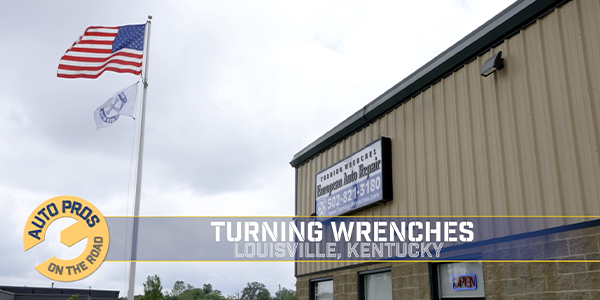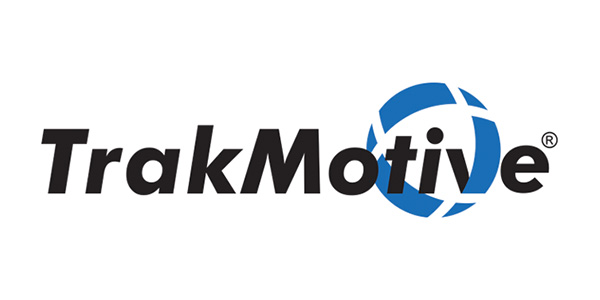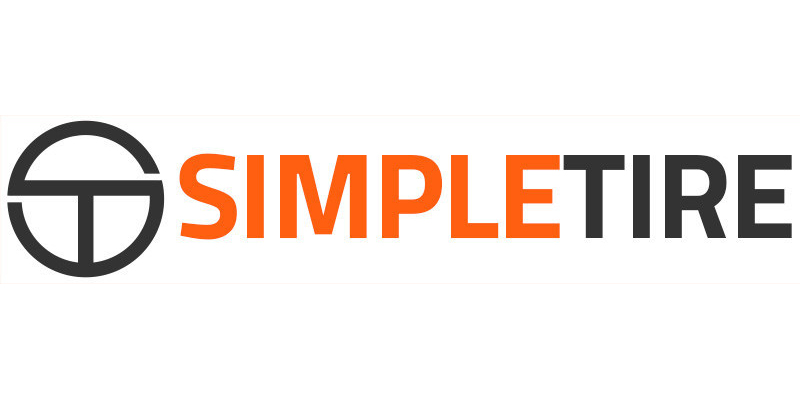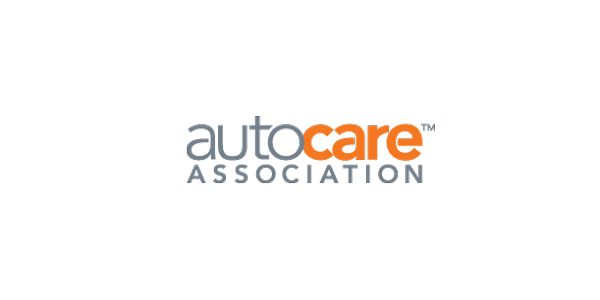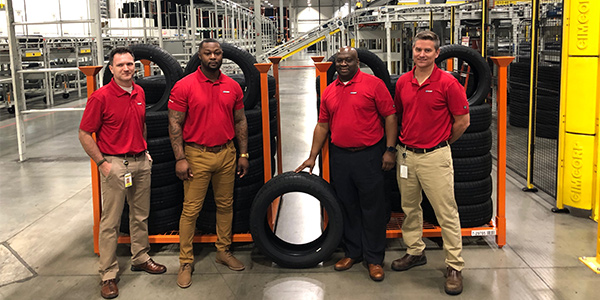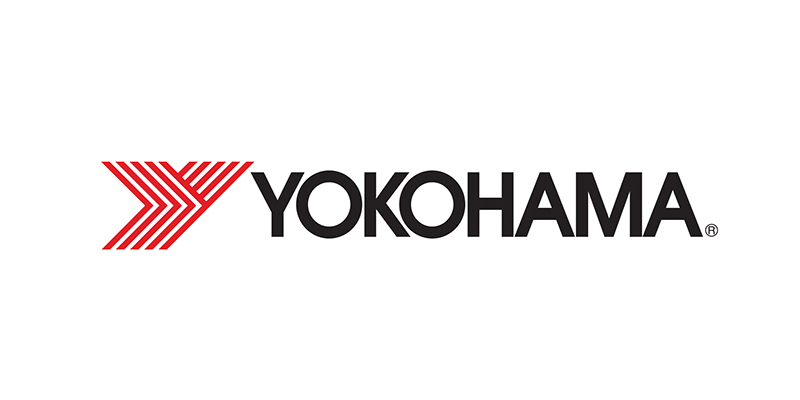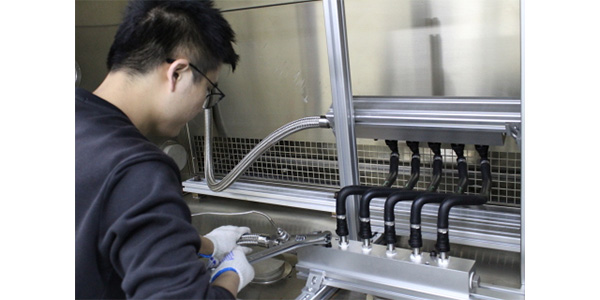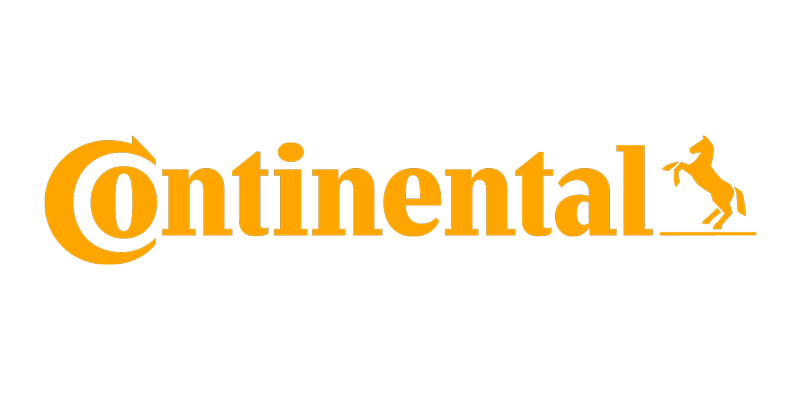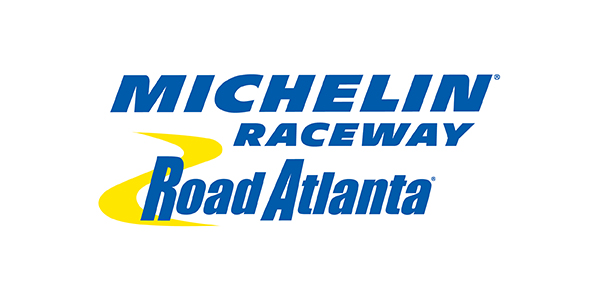When Alliance Tire Group acquired portions of the bankrupt GPX International Tire in December 2009, the tiremaker inherited a presence in the medium truck tire market, taking over distribution of China’s Aeolus Tyre Co. in the U.S. Prior to the purchase, Alliance’s core business had been in the off-highway segment.
With the acquisition, Alliance was faced with the tasks of quickly learning a new market and taking steps to increase sales of Aeolus tires in the U.S., a challenge the company indeed has met – sales have increased some 60% since 2009, according to Manny Cicero, president of Alliance Tire Americas.
Naturally, when Aeolus held its Greentyre global launch event in its hometown of Jiaozuo, China, this summer, Alliance was interested in the announcement that the Chinese tiremaker had switched to 100% environmentally friendly tire production and improved its truck/bus radial tires – the same ones distributed on U.S. shores – to offer decreased rolling resistance, long tread life and solid retreadability (see the August issue of Tire Review for more information).
While at the event, Tire Review interviewed Cicero, who explained the relationship between Alliance and Aeolus, the significance of the announcement and its impact in the U.S., and Alliance Tire America’s future plans.
Explain Alliance’s background and how the company arrived where it is today.
“Alliance itself was formed in Israel in 1950, just two years after the country was formed, so it’s one of Israel’s earliest companies and industries. It grew over the years selling mainly in Israel, and then in the early 1990s the company focused on export beyond the Israel market to Europe. Alliance’s high-technology radial farm tires were competing with the likes of Michelin and Continental in their own backyard. It grew fairly impressively and built a strong name and high marketshares in certain areas. However, there were no strong global ambitions, partly because of the small manufacturing plant.
“Now fast-forward to 2007, when Yogesh Mahansaria (formerly the managing director of BKT) joined forces with private equity firm Warburg-Pincus to buy a tire company. The reason they focused on buying another off-highway tire company was because many of the majors had exited the ag tire business, making it a niche segment and a perfect opportunity to enter this part of the business.
“When looking for potential acquisitions, they kept coming back to Alliance for a couple of reasons. The technology was already there – they were making high-quality, first-tier tires, and had a pretty good capacity. What was needed was some global reach and marketing, some investments to change it from a regional player to a global player. They bought the company in July 2007 and I was their first hire, in October 2007. They felt that if we were going to grow and outperform the industry, one place you need to be is one of the world’s largest tire markets – North America. That’s one place where they had very little presence at the time.
“Our growth has been spectacular, both organically and through acquisition. We made the investments to expand radial capacity in Israel and invested in a new plant in India. We also expanded into the U.S. and developed infrastructure there, hiring staff and building warehouses. We built an organization that would support a higher-tech product and not a commodity, container load business model.”
What were the circumstances of the December 2009 acquisition of parts of GPX?
“GPX was apparently in trouble after the anti-dumping countervailing duties came into effect. GPX, with its Galaxy and Primex brands, was in the off-highway business and had been pursuing a consolidation/acquisition strategy, but the duty issue really prevented them from doing that. GPX was a great fit for us for a couple reasons. Geographically, we were weak in the U.S. and that’s where GPX’s base was. We didn’t have a lot of customers, we dealt largely through a couple wholesale distributors; GPX had over 1,000 customers. We had virtually no OE business; GPX had substantial deals with some of the OEMs. Alliance was two-thirds ag tires and one-third industrial/construction; GPX was almost the exact opposite, with over two-thirds off-highway and less than one-third ag. So from a product screen, we covered a lot of gaps.
“With the purchase, we got a number of molds that were being used in manufacturing contracts in China. Those were no longer economically feasible – because of the duties, for one reason – and it was relatively simple for us to move those molds to our new plant in India very quickly. So for the tires GPX had been buying in China, production was moved to where it made sense. We still have significant relationships in China, but we resourced that production to our own plant in India.”
Aeolus is one Chinese tiremaker you gained a relationship with as part of the GPX purchase. How did that relationship form and what does that distribution model entail?
“Alliance’s core business is off-highway tires – ag, OTR, construction, mining, etc. – and when we purchased those assets of GPX, that included distribution rights for Aeolus truck tires. We became a truck tire distributor, even though it wasn’t our core business, and it’s only in the U.S. that we have this business unit. We don’t distribute truck tires anywhere else in the world.
“First we had to decide whether the truck tire segment was something we wanted to be in or not. And it didn’t take us long to realize that it was a big part of the business, that we wanted to be in it and that we wanted to make it work. Once the decision was made to be a truck tire distributor, we wanted to do it right. We hired John Hull, our national truck tire sales manager, to lead us in increasing our truck tire sales and work with the existing sales force. That showed our commitment to Aeolus, because John has 40 years of industry experience and has held a number of high profile roles in the industry.
“That was our first move, but there was a learning curve in dealing with a Chinese supplier. We’re used to a different business model since we’re a manufacturer ourselves, we weren’t used to being a distributor for someone else.”
What did Hull do to improve that focus on truck tires?
“The first thing he did was to cut an Aeolus tire to get a cross-section so we could see the inside of it, because every tire looks about the same from the outside. Our engineering department cut a cross section of an Aeolus tire, as well as our of competitors’ tires – Tier 3, 2 and 1. When you look at the inside of the cross section – the uniformity of the bead, the belt edge spacing, etc. – an obvious Tier 3 or 4 player will have poor construction. Aeolus looked much more like a Bridgestone than it did some other Chinese tires.
“If you lump Aeolus in with Chinese tires in general, then the only thing you can sell it on is low price. So Alliance positioned Aeolus as a price-value proposition. While not the lowest price, the tires deliver performance that more than compensates for the cost over the so-called “price only” brands.
“In our sales meetings, we showed everyone photos and videos of the cross section comparisons. The cross sections changed everyone’s minds. No one had done that before – even GPX, which had distributed Aeolus for years. The amazing thing is that the Aeolus people had never done it, either.
“We’re impressed with the product quality and we know Aeolus has the ability to reach a higher tier, but it’s going to take some dedication. And that’s why we came to the Greentyre event – to demonstrate that we’re committed to helping them grow.”
How has Aeolus’ marketshare in the U.S. changed since Alliance took over distribution?
“We have about 1.5% marketshare of the total U.S. replacement truck tire market. Since we took over Aeolus distribution in January 2010, we’ve grown the business 60% at the unit level compared to 2009’s numbers.
What does Aeolus’ green announcement mean for end-users and dealers in the U.S.?
“If Aeolus’ rolling resistance claims are borne out, then this is very big news for fleets. The long-haul fleet segment is one that we don’t really sell to today; the primary customer for Aeolus has been regional fleets and short-haul fleets because of the price points and the volumes required for long-haul and national accounts. If we can truly deliver a 5% to 6% fuel savings that’s documentable (which Aeolus claimed in its program), we can open up Aeolus to a whole new segment of the end-user market.
“I think in the U.S., people are starting to expect green initiatives. All things being equal, if you have a green alternative and it’s not much more expensive, people tend to choose that. It’s impressive that Aeolus is the first and only green tire company in China that meets European standards.
What is next for Alliance Tire Americas?
“Consistent with what we already have, we don’t want to just sell low-value, price-only, commodity tires because there’s really not a future in that. Taking a quote from one of GPX’s catalogs, ‘We build application-specific, purpose-built work tires.’ That’s exactly what we do – offer very application-specific work tires that are built for a purpose and provide value. That’s how GPX grew – by finding a niche that was too small for the big boys to participate in. We’re still small enough to be able to do that.
“At the moment, we’re working on about three opportunities where we’re creating tires for small OE customers where the volume itself wouldn’t be enough to interest the majors, but would keep us very happy. That’s the attractiveness of a niche market – someone has to be able to satisfy those smaller customers.
“We also opened our third warehouse, this one just outside of Philadelphia. That will certainly help our distribution. When we first started talking to GPX about an acquisition, it had seven warehouses. By the time we purchased them, they were down to two because they were consolidating and trying to stay solvent. So we put one back in the Northeast, which will have a significant impact on our truck business and our off-highway business. The next step after that is to look at the west coast in 2012.

